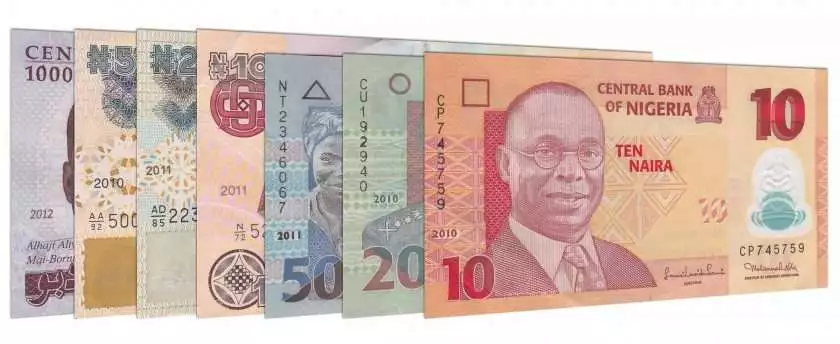The Nigerian currency, Naira, took a bash, Thursday, at the Parallel Market in a continuous slide that has seen the currency under attack against other international currencies. It has slipped from N467 to N471 per dollar.
This, according to Bureau de change footmen, is due to the scarcity of the dollar occasioned by the long wait for the Central Bank of Nigeria to start a new exchange rate regime.
This magazine understands that this may have been a requirement of the Brenton Woods fund managers, the International Monetary Fund, IMF. The official window remains at N388 to the dollar, though the dollar may be seeing an increased channeling towards imports, thereby leaving the BDCs shortchanged.
The N388 per dollar has been running for two weeks and was jacked up from the relatively steady N360 before the CBN interfered to bring about a downward review.
This, according to sources, has impacted negatively on offshore investors who are eager to repatriate their funds back to their home countries as there is an acute shortage of funds. The situation is so dire that the CBN had to ban forex for maize importers, analysts say.
Nigeria has applied for the rapid Financial Instrument, RFI, to the tune of $3.4 billion as an emergency economic fund. The economy has been under stress, which analysts claim is getting to the tipping point in loans.
The IMF and World bank may have pegged the accessing of the financial emergency fund on Naira devaluation to fall in line with market forces. Though COVID 19 shock is cited for the economic crisis bedeviling the country, Nigeria was already in dire straight pre-COVID 19. Sharp oil prices fall has impacted negatively on the mono-product economy. Recently, there have been concerted efforts by the government to shift from fuel to gas, as government targets phasing out the use of petrol cars and exclusive use of gas over several years. Nigerian foreign reserve fell to $36.11 billion from $45 billion in the space of one year and there are indications that it may further depreciate as more than eighty percent of yearly revenue is used for debt servicing.








